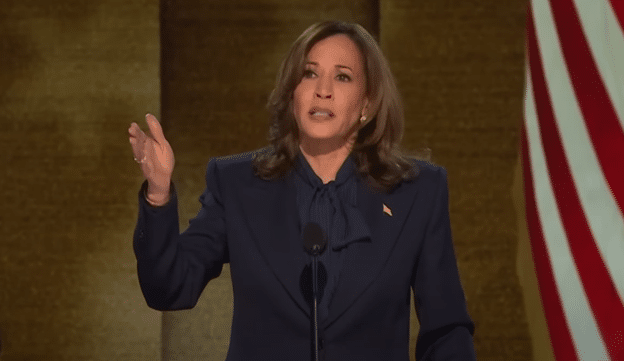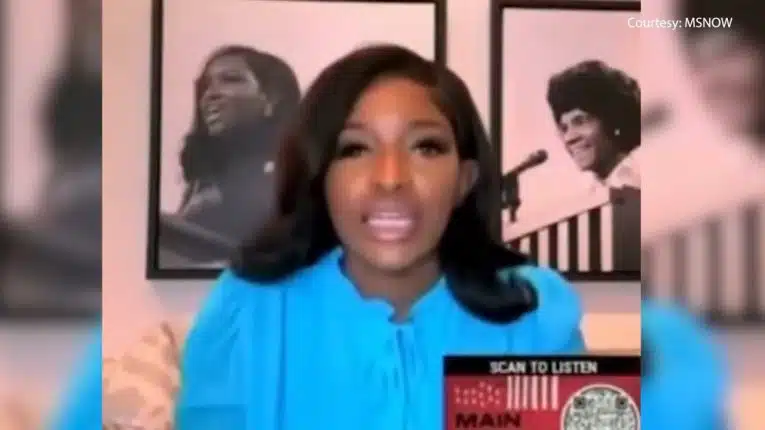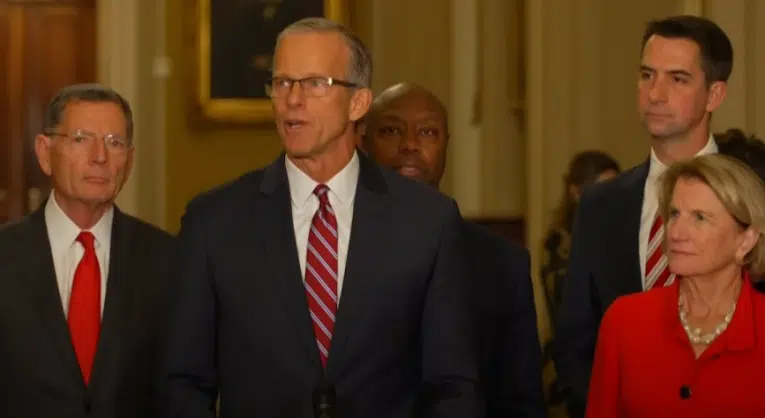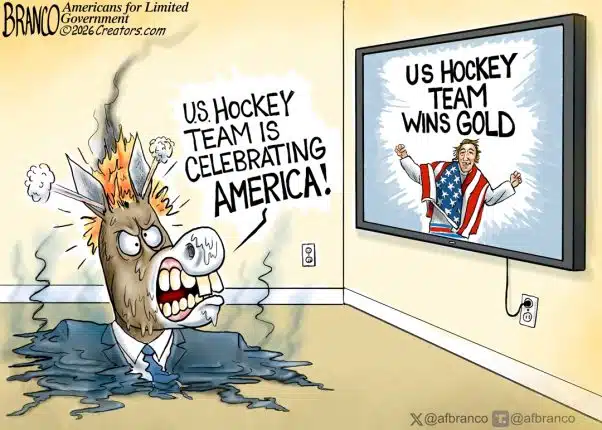
A new AP-NORC survey finds that Democrat voters are continuing to lose faith in the Democratic Party in recent weeks, and that reality that could have significant ramifications on two gubernatorial races this fall as well as the midterm elections next year.
The survey, conducted among 1,437 adults and released August 3 asked Americans to offer the first term that came to mind to describe the Democratic and Republican parties, and the findings do not bode well for Democrats.
Democrats associate their own party with negative attributes such as “weak” by twelve points more than they associate their party with positive attributes such as “for the people”, the survey found. This is the inverse for Republicans, who associate the GOP with generally positive attributes by 22 points. Thirty-five percent of Democrats immediately associate their party with negative attributes, while only 23 percent immediately associate the party with positive attributes, according to the survey.
Democrats’ largest gripe with their party is weakness, with 14 percent saying the first term they associate the party with is “weak, tepid, or apathetic”. Another nine percent of Democrats say the first term that comes to mind when describing their party is “ineffective or broken”, and an additional five percent say the their first thought of the Democratic Party is simply “generally negative”.
Though just under one in five Republicans (19 percent) say the first term that comes to mind for their party is a negative term, such as “greedy”, Republicans associate the GOP with a positive term by 22 points — 41 percent to 19 percent.
According to the survey, six percent of Republicans describe the GOP in general negative terms, six percent say the GOP represents the wealthy or is greedy, and three percent say the party is corrupt. However, for 41 percent of Republicans the first term that comes to mind is a positive one.
Of the 41% of Republicans who describe the GOP positively, 16 percent offer general praise, while nine percent say the first term that comes to mind is “pro-American”. Another six percent say the GOP represents common sense or normalcy to them, and five percent say the Republican Party is united or strong, while another five percent say the party represents the people.
The Democratic Party’s perpetual loss of support from their own voters could have an impact in gubernatorial elections this November in Virginia and New Jersey, and thwart the party’s hope of a blue wave in the midterm elections. In New Jersey, a state where four out of the last five governors have been Democrats, there is the possibility that GOP gubernatorial candidate Jack Ciattarelli could close in on his Democrat rival Mikie Sherrill by running a campaign focused on taxes and local issues. Though Virginia GOP gubernatorial nominee Lieutenant Governor Winsome Earle-Sears trails Democratic nominee Abigail Spanberger by around twelve points, there is still room for Earle-Sears to close in.
The AP-NORC survey’s reality check to Democrats is the latest in a pile-up of public opinion surveys revealing the deep PR crisis the Democratic Party is facing. A Wall Street Journal survey released July 25 found that more voters identify as Republicans than Democrats for the first time in over three decades. The Journal pointed out that at a similar point in 2017 more voters labeled themselves as Democrats than Republicans by six percentage points — but that edge has quite literally evaporated.
A crushing Reuters/Ipsos poll released June 19 found the vast majority of Democrats — 62 percent — want their party to replace Democrat leaders with new leaders, while only 24 percent want to keep current elected officials in place. The survey also found Democrat voters are growing frustrated with the party’s focus on fringe social issues such as transgender issues, when they want the party focused on affordability issues like healthcare costs, childcare, and paid family leave.
The Democratic Party has focused most of its efforts in recent years on criticizing Republican solutions to real-world issues like skyrocketing inflation, the border crisis, and rampant crime, rather than offering solutions of their own. While Democratic Party affiliation sits at a three-decade low, even Americans who remain tied to the Democrat label say the party is weak and ineffective. The Virginia and New Jersey gubernatorial races this fall will offer a look into how voters are reacting to the Democratic Party’s lack of leadership, as will the midterm elections next year.
Manzanita Miller is the senior political analyst at Americans for Limited Government Foundation.






